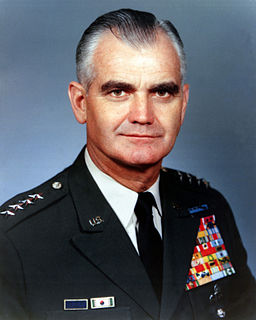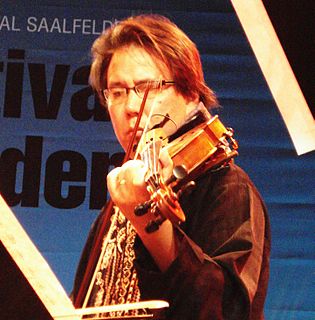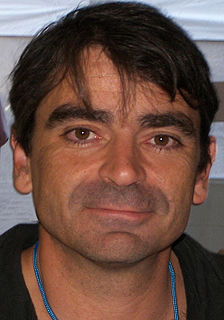A Quote by Lynn Nottage
In listening to the narratives of the Congolese, I came to terms with the extent to which their bodies had become battlefields.
Quote Topics
Related Quotes
In the case of those solids, whether of earth, or rock, which enclose on all sides and contain crystals, selenites, marcasites, plants and their parts, bones and the shells of animals, and other bodies of this kind which are possessed of a smooth surface, these same bodies had already become hard at the time when the matter of the earth and rock containing them was still fluid. And not only did the earth and rock not produce the bodies contained in them, but they did not even exist as such when those bodies were produced in them.
I would like to suggest to you that the extent to which government in America has departed from the original design of in habiting the destructive actions of man and invoking a common justice; the extent to which government has invaded the productive and creative areas; the extent to which the government in this country has assumed the responsibility for the security, welfare, and prosperity of our people is a measure of the extent to which socialism has developed here in this land of ours.
The worst thing is to feel that as a photographer I am benefiting from someone else's tragedy. This idea haunts me. It's something I have to reckon with every day because I know that if I ever allow genuine compassion to be overtaken by personal ambition, I will have sold my soul. The only way I can justify my role is to have respect for the other person's predicament. The extent to which I do that is the extent to which I become accepted by the other; and to that extent, I can accept myself.
My paintings are loosely based on meta narratives. The pictures float in and out of pictorial genres. Still life's become personified, portraits become events, and landscapes become constructions. I embrace the area between which the subject is composed and decomposing, formed and formless, inanimate and alive.
The essences of the Gods never came into existence (for that which always is never comes into existence; and that exists for ever which possesses primary force and by nature suffers nothing): neither do they consist of bodies; for even in bodies the powers are incorporeal. Neither are they contained by space; for that is a property of bodies. Neither are they separate from the first cause nor from one another, just as thoughts are not separate from mind nor acts of knowledge from the soul.
We usually do pay attention to our outer appearance, typically noticing whatever part of our bodies we are unhappy about. It behooves us, however, to get on very good terms with more than just the surface of our bodies as we grow older; for if we don't listen to our bodies and pay attention to our physical needs and pleasures, this vehicle that we need to be running well to take us into a long and comfortable life, will limit what we can do and who we become.
Are not gross bodies and light convertible into one another; and may not bodies receive much of their activity from the particles of light which enter into their composition? The changing of bodies into light, and light into bodies, is very conformable to the course of Nature, which seems delighted with transmutations.
Both life-planning and the adoption of lifestyle options become (in principle) integrated with bodily regimes. It would be quite short-sighted to see this phenomenon only in terms of changing ideals of bodily appearance (such as slimness or youthfulness), or as solely brought about by the commodifying influence of advertising. We become responsible for the design of our own bodies, and in a certain sense noted above are forced to do so the more post-traditional the social contexts in which we move.






































